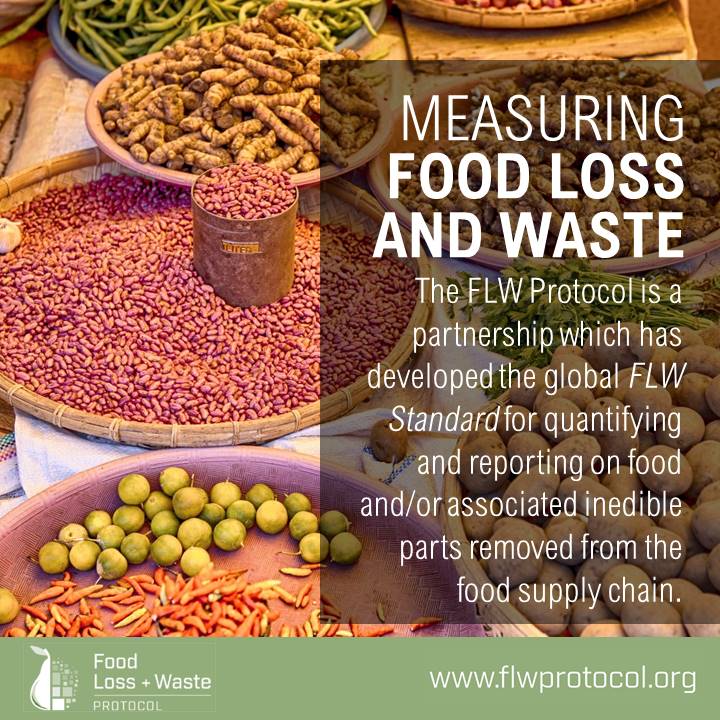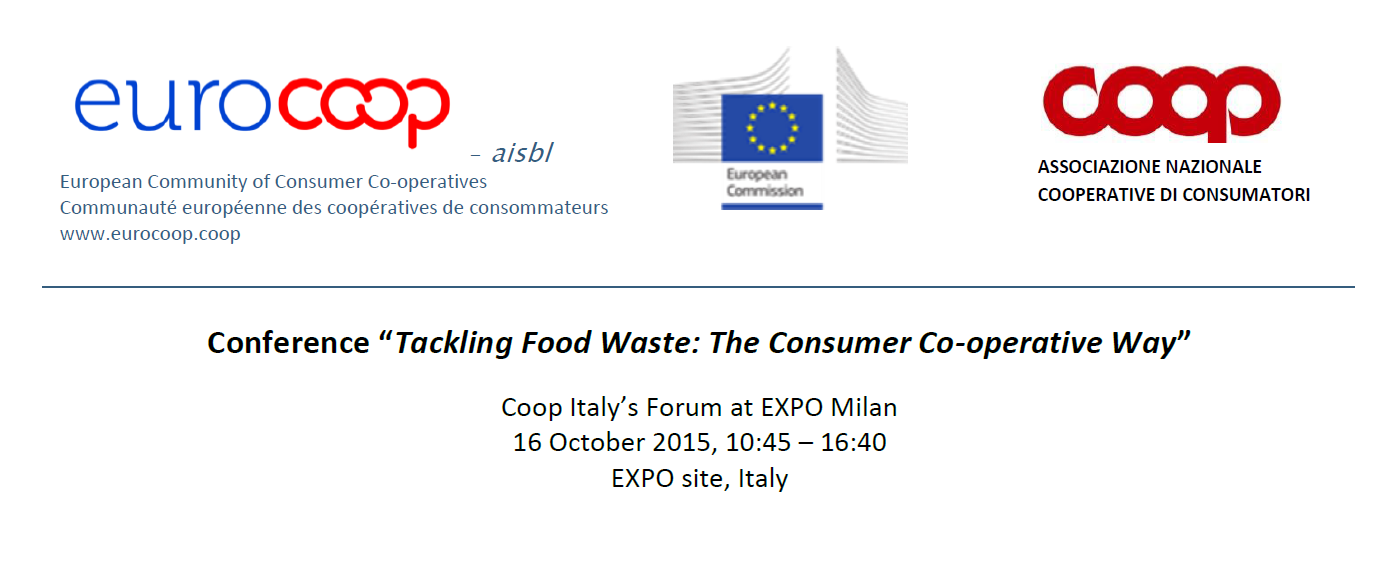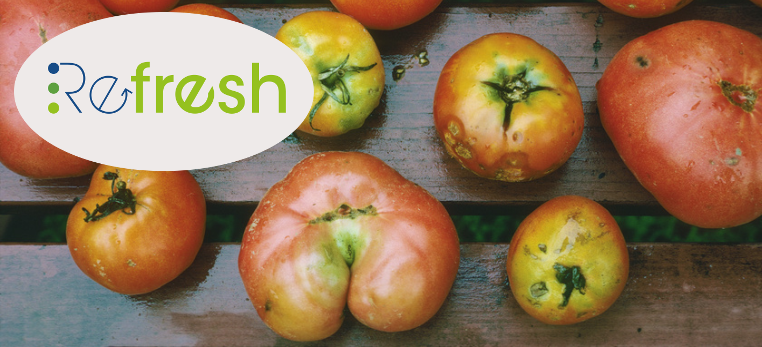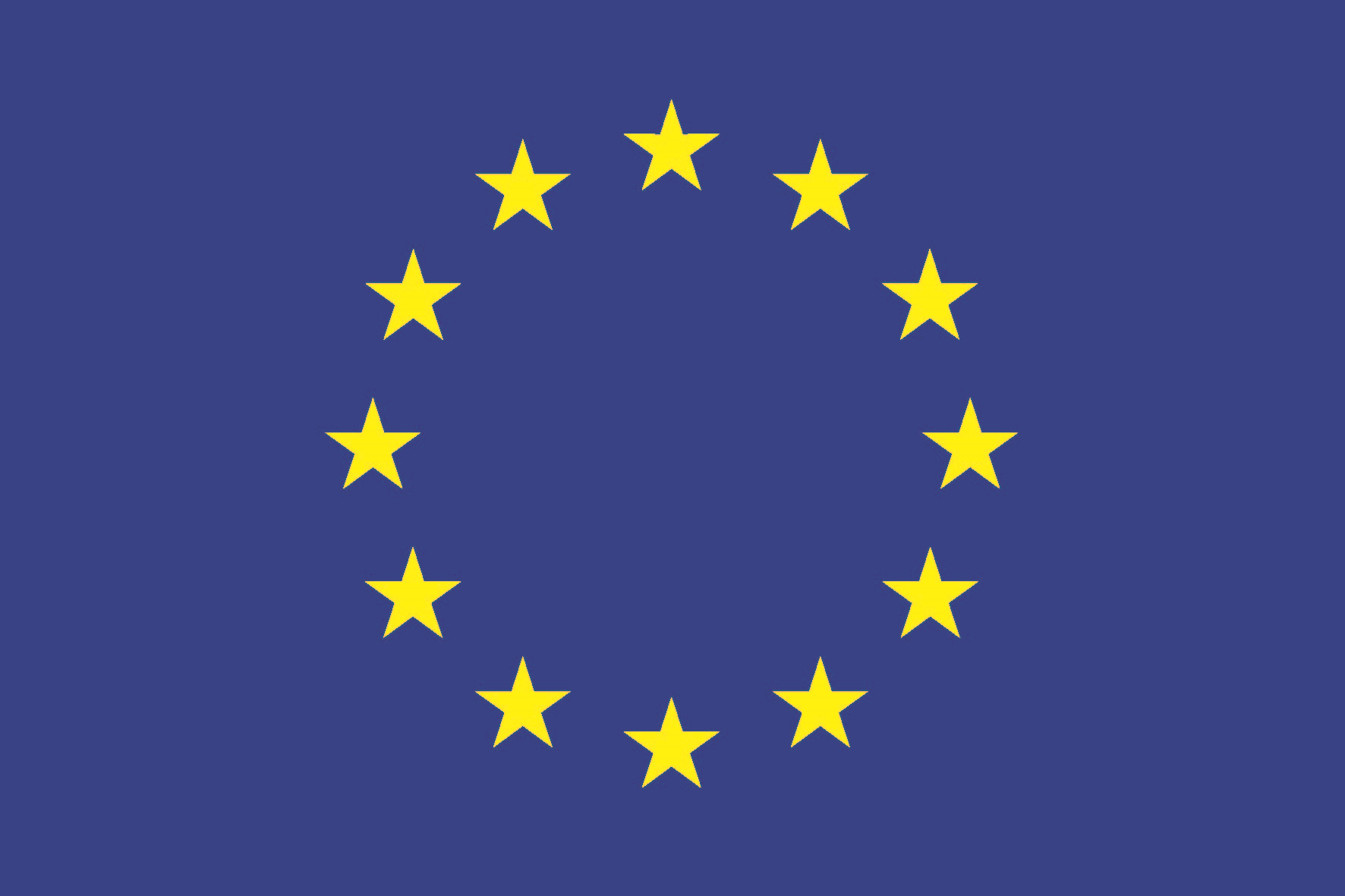Global Standard to Measure Food Loss and Waste
COPENHAGEN//WASHINGTON (June 6, 2016)— A partnership of leading international organizations is launching the Food Loss and Waste Accounting and Reporting Standard at the Global Green Growth Forum (3GF) 2016 Summit in Copenhagen. The FLW Standard is the first-ever set of global definitions and reporting requirements for companies, countries and others to consistently and credibly measure, report on and manage food loss and waste. The standard comes as a growing number of governments, companies and other entities are making commitments to reduce food loss and waste.
“This standard is a real breakthrough. For the first time, armed with the standard, countries and companies will be able to quantify how much food is lost and wasted, where it occurs, and report on it in a highly credible and consistent manner,” said Andrew Steer, President and CEO, World Resources Institute. “There’s simply no reason that so much food should be lost and wasted. Now, we have a powerful new tool that will help governments and businesses save money, protect resources and ensure more people get the food they need.”
The Food Loss and Waste Protocol is a multi-stakeholder partnership convened by World Resources Institute and initiated at the 3GF 2013 Summit. FLW Protocol partners include: The Consumer Goods Forum, Food and Agriculture Organization of the United Nations (FAO), EU-funded FUSIONS project, United Nations Environment Programme (UNEP), World Business Council for Sustainable Development (WBCSD), WRAP (The Waste and Resources Action Programme) and World Resources Institute.
“Waste makes everybody poorer. I am pleased that a new strong alliance between public and private actors will provide an efficient answer to the global challenge of food loss and waste. 3GF has promoted yet another green and innovative solution to global challenges,” said Kristian Jensen, Minister for Foreign Affairs, Denmark. “The new Food Loss and Waste Standard will reduce economic losses for the consumer and food industry, alleviate the pressure on natural resources and contribute to realizing the ambitious goals set out in the SDGs. We need to push for more solutions like this for the benefit of people, profit and the planet.”
International momentum to curb food loss and waste is growing with governments and businesses making commitments to address this issue. However, most do not know how much food is lost or wasted or where it occurs within their borders, operations or supply chains. Moreover, the definition of food loss and waste varies widely and without a consistent accounting and reporting framework it has been difficult to compare data and develop effective stratégies.
Creating inventories in conformance with the FLW Standard is a critical foundation to develop effective strategies for reducing food loss and waste and monitor progress over time. Moreover, it can help governments and companies meet international commitments, including the Paris Agreement on climate change and UN Sustainable Development Goals (SDGs). In particular, SDG Target 12.3 calls for a 50 percent global reduction in food waste by 2030, along with reductions in food loss.
The FLW Standard will also help reduce food loss and waste within the private sector. In 2015, The Consumer Goods Forum, which represents more than 400 of the world’s largest retailers and manufacturers from 70 countries, adopted a resolution for its members to reduce food waste from their operations by 50 percent by 2025, with baselines and progress to be measured using the FLW Standard. Some leading companies, like Nestlé and Tesco, are already measuring and publicly reporting on their food loss and waste.
The FLW Protocol can be found on the website, www.FLWProtocol.org
###
QUOTES
Toine Timmermans, Project Coordinator for EU-FUSIONS: “Measuring the level of food waste in a structured way is critical for developing effective strategies that focus on reducing food waste and monitoring progress at the business, national and EU level, as well as contributing to the achievement of SDG Target 12.3. The EU-FUSIONS' Food Waste Framework and Quantification Manual is fully synchronized with the Food Loss and Waste Protocol's FLW Standard. This enables users of the FUSIONS manual which are monitoring and reporting on food waste amounts and trends over time to be harmonized with the requirements of the global accounting and reporting standard.”
Peter Bakker, President and CEO, World Business Council for Sustainable Development (WBCSD): “Wasting a third of the food we produce is a clear symptom of a global food system in trouble. The FLW Standard is pivotal to setting a reliable baseline for streamlined and efficient action on the ground for countries, cities, and small and big businesses along the food value chain. Together with tangible business solutions, the FLW Standard can help to significantly reduce food loss and waste around the globe.”
Paul Bulcke, Chief Executive Officer, Nestlé: “As a member of Champions 12.3, I am convinced that by working together, we can develop effective solutions to reduce food loss and waste, to help the world meet Sustainable Development Goal Target 12.3. Nestlé will play its part. Bold action is what matters, and we are already committed to sending zero waste for disposal from our sites by 2020. Such actions benefit society by supporting rural development, water conservation and food security, and help us ensure that our sourcing is more sustainable. The Food Loss and Waste Protocol is instrumental to help us achieve this goal.
Peter Freedman, Managing Director, The Consumer Goods Forum: “Food waste is a $940 billion problem. In 2015, our members committed to halving food waste and we see the FLW Standard as an important tool to help us achieve this ambitious target. Our members need to effectively quantify, measure and report on their food loss and waste, and the FLW Standard will help them do this with consistency and transparency.”
Dr. Liz Goodwin, Chief Executive Officer, WRAP (The Waste and Resources Action Programme): “WRAP’s work to help reduce household waste in the UK by 21 percent was only possible through our ground-breaking analysis to quantify how much and where it was wasted. Food waste is not confined by borders, so WRAP is delighted to have helped develop the Food Loss and Waste Standard. I am confident it will empower businesses, governments, and other organisations to take action on an international scale, an outcome that WRAP will strongly support.”
Dave Lewis, Chief Executive Officer, Tesco: “We are pleased to have been the first UK retailer to publish third party-assured food waste data for our own operations and will continue to do so every year. This transparency and hard evidence is a cornerstone of our food waste work. Not only has this allowed us to identify where there are food waste hotspots in our own operations, it has also helped us to take action in those areas of food loss and waste. The new FLW Standard provides a common framework for measuring food loss and waste, and I hope this will enable others to publish their data and take action to tackle this important issue.”
Achim Steiner, Executive Director, United Nations Environment Programme (UNEP): “The scale of the problem of food loss and waste can be difficult to comprehend. Having this new standard by which to measure food loss and waste will not only help us understand just how much food is not making it to our mouths, but will help set a baseline for action. UNEP welcomes the new FLW Standard and calls on countries and companies to use it to start measuring and reporting food loss and waste, in parallel to taking action to deliver on SDG Target 12.3: Halve food waste by 2030.”
World Resources Institute
WRI is a global research organization that spans more than 50 countries, with offices in the United States, China, India, Brazil, and more. Our more than 550 experts and staff work closely with leaders to turn big ideas into action at the nexus of environment, economic opportunity and human well-being (www.wri.org).
Global Green Growth Forum
3GF is a global platform for designing and accelerating solutions to intractable problems that markets and governments have not been able to solve on their own. 3GF enables public-private partnerships that support the large-scale adoption of green technologies, practices and policies. Since its inception in 2011, 3GF has facilitated over 70 unique international public-private partnerships, including Race to the Top, which involves a range of global multi-national retail and clothing companies such as Levi-Strauss & Co, GAP and Nike (www.3gf.dk).





 Copyright © 2016 | EU FUSIONS |
Copyright © 2016 | EU FUSIONS |